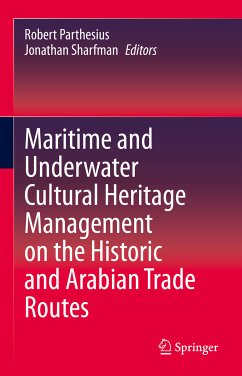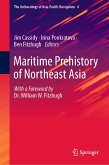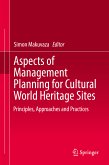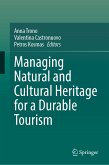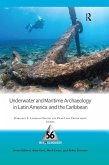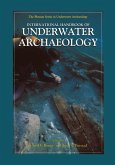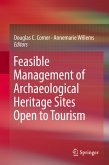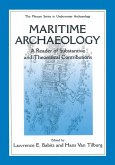Each chapter outlines the development of MUCH in the author's home nation, provides an overview of current frameworks and activities, and looks to the future of research and management. The chapters draw conclusions regarding what has driven the process of developing individual approaches and perspectives and what the results have been. They ask if the focus is on management or research, and if the MUCH vision is focused seaward or towards the hinterland. A common thread that binds the chapters is the adaptation of western management and practice structures to contexts where the binaries such as tangible and intangible, natural and cultural, and submerged and terrestrial become blurred. It examines how states have confronted management and research challenges on sites that are validated primarily by European expansion perspectives.
Dieser Download kann aus rechtlichen Gründen nur mit Rechnungsadresse in A, B, BG, CY, CZ, D, DK, EW, E, FIN, F, GR, HR, H, IRL, I, LT, L, LR, M, NL, PL, P, R, S, SLO, SK ausgeliefert werden.

